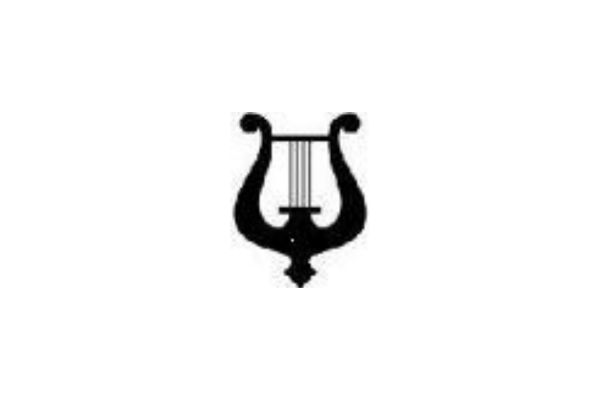
The Cercle Culturel des Institutions Européennes (EU Cultural Circle) is the umbrella organisation for around 35 clubs and associations affiliated to the European Institutions in Luxembourg.
From music and theatre to chess and wine, there is a variety of clubs for individuals with different interests. Membership and participation in the clubs’ and associations' activities, is also open to people not working in the European Institutions.
In this series of articles, Chronicle.lu explores some of the different clubs and associations of the Cercle Culturel, including their main activities, interests, membership and events.
Next up is the Music Club (Club de Musique), where Chronicle.lu talked with Andrew Thompson, Club President.
Chronicle.lu: When and why was the club founded, and what are its main goals and objectives?
Andrew Thompson: The Club de Musique ("the Club") was founded in 1978. Its purpose is to bring together musicians, principally amateurs of all levels and music lovers by organising concerts, lecture-concerts, workshops, visits and other events open to all.
Chronicle.lu: What is the main language of the club and how many nationalities are members of the club?
Andrew Thompson: The Club's normal language of communication is French, but in practice much is also conducted in English. I can't give you an exact number of nationalities among our members, mainly because that is not something we ask them to specify, but I know we have members from most if not all EU Member States.
Chronicle.lu: How often do you meet and where?
Andrew Thompson: Our main meeting place is the Foyer européen in Rue Heine, Luxembourg-Ville. Most of our activities there take place in the Salle Adenauer, which acts as a small concert hall accommodating up to 49 people and has a superb Steinway Model B grand piano. This hall is essential for our events. We typically organise roughly one event per month. The majority are concerts in which members and friends of the Club participate. There are also regular lunchtime concerts organised in the European Parliament building by Victor Bastos, a member of our committee, for which another grand piano belonging to the Club is available for use.
Chronicle.lu: What is your main target audience?
Andrew Thompson: Our target audience is amateur as well as some professional musicians and music lovers.
Chronicle.lu: How has membership grown over the years and has membership increased since Cercle Culturel began admitting members who are not working in EU institutions? What percentage of your members are not employed by the EU institutions (if known)?
Andrew Thompson: Historically, we have usually had 50 to 100 members who pay the annual subscription. During the Covid pandemic, the number fell to the mid-50s but by last year (2023) it had risen again to 82. Of these, 60 were workers or pensioners at the EU institutions or their spouses, whilst 22 were not.
It is worth saying that we also have a mailing list of non-members who are friends and sympathisers of the Club. These are welcome to attend and participate in our events. They do not, however, enjoy the privileges open to paying members, which include reduced tariffs for our events for which a fee is charged (e.g. buffet concerts and workshops) and the use of the Club's practice room on the 4th floor of the Foyer européen (with a piano, spinet, electronic keyboard and enough space for a chamber ensemble to rehearse).
Chronicle.lu: What events are your club planning or participating in during the coming months?
Andrew Thompson: You can see our upcoming events at: https://www.cercleculturel.lu/Musique/
Chronicle.lu: How can someone who is interested in the club’s activities become a member?
Andrew Thompson: To become a member, people should fill in the membership form and pay the appropriate fee. They can ask any of the Club's officers for the membership form via the web page above or through our Facebook page.
Chronicle.lu: Are there different classes/different levels for beginners through to more experienced members?
Andrew Thompson: We do not organise regular classes or lessons for musicians. We have occasional, one-off workshops with a professor whom we engage, usually, for a weekend. In the past we have had piano, guitar and vocal workshops. We do keep a list of members' musical interests - instruments they play or their voices and their level (beginner, intermediate, advanced, professional). This list is distributed among the members who have consented to be included in it, and its purpose is for them to find other musicians to play or sing with.








